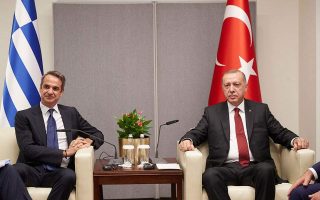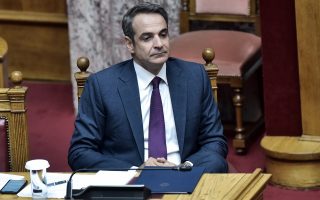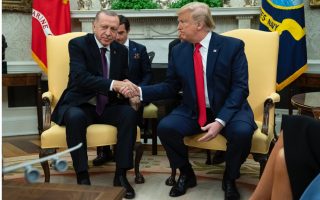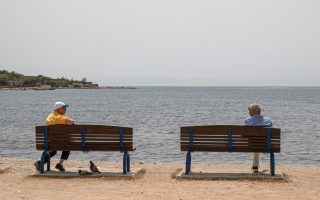Merkel’s resurgence
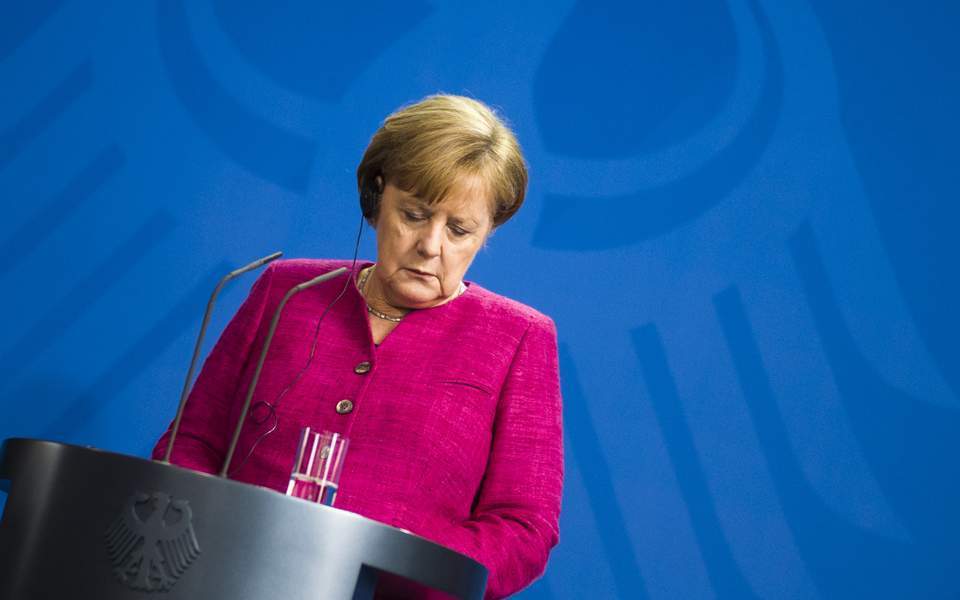
Strong leaders rise in times of crisis. For the world’s authoritarian states, that has meant more emergency powers for strongmen rulers. For Europe, that has meant the political resurgence of one Angela Merkel.
Merkel’s 2015 decision to throw open Germany’s borders to a million Syrian refugees during the continent’s refugee crisis was as politically courageous (and for her political fortunes, unwise) as it was unpopular. Following the move, Merkel’s popularity took a hit across both Europe and Germany, and her political party – the Christian Democratic Union (CDU) – paid the price for it at the polls. The CDU and its sister party managed to scrape together the most votes nationwide in 2017 elections – just – in their worst performance in the post-war era, winning Merkel her fourth term as chancellor. The CDU continued to underperform in local elections, prompting the chancellor to announce she would not be seeking a fifth term.
Merkel entered the pandemic in the worst shape of her political career; in February, her preferred successor and protégé, German Defense Minister Annegret Kramp-Karrenbauer, was forced to resign from the CDU’s party leadership after failing to get party members to fall into line behind her. Merkel found her political legacy hanging by a thread.
What a difference a few months – and a global pandemic – can make. Faced with the greatest crisis in a decade full of them, Merkel did what she does best – puts aside the political considerations and takes the difficult decisions required of the time. Rather than playing politics with the pandemic like many other world leaders have, Merkel opted for a science-based approach to the country’s Covid-19 response, a move made easier by her own scientific training and background. By April, 72 percent of Germans approved of her government’s management of the crisis, a massive swing compared to a month earlier when roughly 60 percent of the country “disapproved the government’s track record.”
It would have been easy for Merkel to just look out after Germany, take credit for the country’s admirable response and leave on a high note. Instead, she used her resurgent poll numbers to band together with France’s Emmanuel Macron (a committed Europhile, but whose own pandemic response at home has left much to be desired) and European Commission President Ursula von der Leyen to propose and push forward a common recovery fund, paid for mostly by the wealthier EU states to help the poorer ones.
This is a sea change in European politics. Many of the Northern states – Germany included – remain wary of tying their financial fates to the EU’s weaker members. Instead, both Europe’s healthcare and financial response will outstrip that of the US by year’s end (particularly surprising on the financial front given the strong economic measures adopted early on by Washington). Just as importantly for Europe, this new recovery fund provides a potential blueprint for how the EU can tackle the other crises that will inevitably arise in the coming years and decades.
That doesn’t mean Europe’s pandemic crisis is over – far from it. As the US has recently shown, caseloads can change dramatically in just a matter of weeks. But it doesn’t detract from the fact that when Merkel was presented with the easy way out – to be judged by Germany’s standout Covid response and Germany’s alone – Merkel once again chose to use her political strength in Germany to enter the European fray and guide the continent forward.
It’s obviously too soon to tell how successful Europe will be overall in combating the pandemic, or if the moves championed by Merkel will outlast her term as Germany’s chancellor. But it is beyond question that she provided Europe with what it desperately needed right now – steady leadership, and a willingness to do what it takes for the greater continental good.
They say never stick around long enough to become the villain. Angela Merkel proves that sometimes if you stick around long enough and remain true to yourself, you get to be the hero again.
Ian Bremmer is the president of Eurasia Group and GZERO Media and author of “Us vs Them: The Failure of Globalism.”


